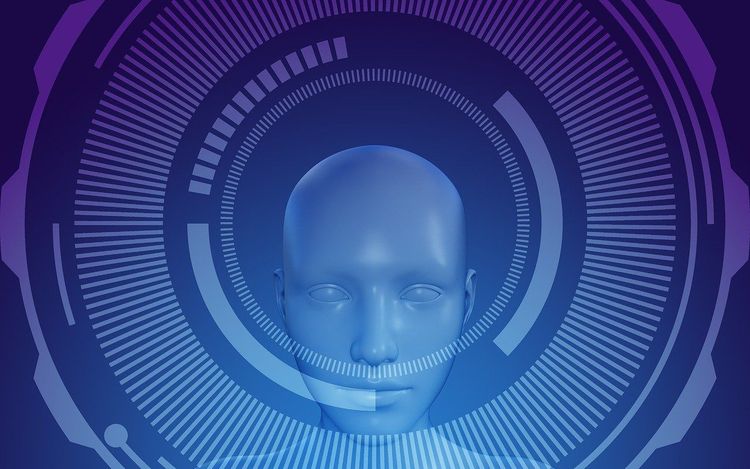This week in AI, excitement is building around OpenAI's upcoming product announcement, as reported by The Information.
On Tuesday, it was revealed that OpenAI intends to launch Strawberry, an innovative AI model capable of self-fact-checking, within the next two weeks. Strawberry will be a stand-alone product but will integrate with ChatGPT, OpenAI's popular AI-driven chatbot platform.
According to the report, Strawberry is set to outperform leading generative AI models, including OpenAI’s own GPT-4, particularly in programming and mathematics. Additionally, it addresses common reasoning errors found in existing models. However, there’s a trade-off: Strawberry's response time is slower than competitors, reportedly taking 10 to 20 seconds for a single query.
OpenAI is likely positioning Strawberry as a tool for mission-critical applications where precision is essential. This could appeal to businesses frustrated with the limitations of current generative AI technologies. A recent survey by HR specialist Peninsula found that 41% of enterprises exploring generative AI cite accuracy as their primary concern. Gartner has also projected that a third of generative AI projects may be abandoned by year’s end due to challenges in adoption.
While some businesses may tolerate extended wait times, average users may not be as forgiving. The rapid response times of today’s AI models have reshaped user expectations; slower processing could lead to the perception that Strawberry, despite its advancements, is a regression.
This scenario assumes that Strawberry consistently delivers accurate answers. If it exhibits the same inaccuracies as existing models, the longer wait will be even harder to accept.
OpenAI is undoubtedly feeling the pressure to perform, especially as it invests billions in AI training and talent acquisition. Investors anticipate a swift return on their investments, which raises concerns about the potential rush to market with an unrefined model like Strawberry, especially if it commands a higher price.
It may be wiser for OpenAI to allow its technology to mature before release. However, with the competitive landscape of generative AI intensifying, time may not be a luxury they can afford.
News
- Apple Introduces Visual Search: The new Camera Control on the iPhone 16 and 16 Plus launches a feature Apple calls “visual intelligence,” enabling reverse image searches alongside text recognition, powered by partnerships with companies like Google.
- Apple’s AI Limitations: Devin explores how many generative AI features from Apple are relatively basic compared to the bold claims of their marketing.
- Audible Leverages AI for Audiobooks: Amazon's Audible announced it will utilize AI trained on professional narrators' voices to produce new audiobook recordings, compensating narrators on a title-by-title royalty-sharing basis.
- Musk Disputes Tesla-xAI Collaboration: Elon Musk has rejected claims made by the Wall Street Journal regarding a revenue-sharing agreement between Tesla and his AI venture, xAI, for utilizing its generative AI models.
- Bing Enhances Safety with Deepfake Tools: Microsoft is collaborating with StopNCII to develop tools that help remove nonconsensual explicit images from Bing search results by creating digital fingerprints.
- Google Launches Ask Photos: Google has begun rolling out its AI-powered feature Ask Photos, which allows users to seek answers to complex queries, such as “Show the best photo from each of the National Parks I visited.”
- U.S. and EU Agree on AI Safety Treaty: In a recent summit, the U.S., U.K., and EU formalized an AI safety treaty proposed by the Council of Europe, aiming to ensure AI systems align with human rights and the rule of law.
Research Paper of the Week
The development of proteins, essential for biological processes, often relies on binding interactions. Google’s DeepMind has created AlphaProteo, an AI model designed to predict proteins that bind to specific target molecules, streamlining a typically arduous and expensive process while minimizing the risk of failure.
In trials with seven molecules, AlphaProteo produced protein binders boasting binding affinities 3 to 300 times greater than traditional methods. Notably, it successfully generated a binder for VEGF-A, a protein linked to cancer and diabetes complications. However, DeepMind acknowledged that AlphaProteo did not succeed in one test, noting that strong binding is just the initial phase in developing practical proteins.
Model of the Week
Introducing OLMoE, a groundbreaking generative AI model developed by the Allen Institute for AI (AI2) in collaboration with Contextual AI. This text-generating English-language model boasts a 7-billion-parameter mixture-of-experts (MoE) architecture, allowing it to excel in various applications and benchmarks.
MoE technology divides tasks into smaller subtasks handled by specialized "expert" models, optimizing performance. OLMoE has surpassed several well-known models, including Meta’s Llama 2 and Google’s Gemma 2. Multiple variants of OLMoE are available for download, along with the data and code on GitHub.
Grab Bag
This past week was filled with Apple news, culminating in a Monday event where the company unveiled new iPhones, Apple Watch models, and apps.
Apple Intelligence, their suite of AI-powered services, was a focal point, with reaffirmed integration of ChatGPT. Intriguingly, Apple did not announce any new AI partnerships beyond the existing deal with OpenAI, despite previous hints of collaborating with other third-party models like Google’s Gemini at WWDC 2024.
Whether delayed negotiations or technical hurdles are to blame remains unclear. For now, it seems ChatGPT will be the sole external model within Apple Intelligence. Sorry, Gemini fans!
AI, AI, newsletter, OpenAI, this week in AI







